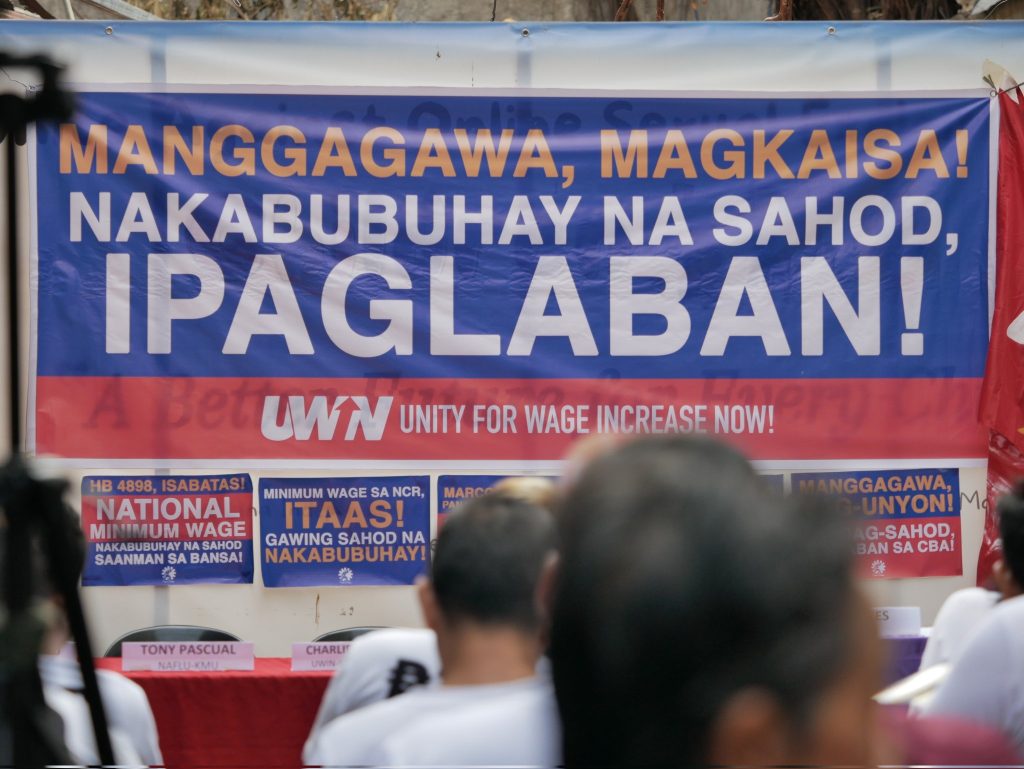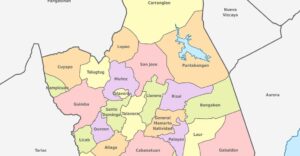A substantial wage increase is necessary so that people can keep up with inflation


Although workers’ nominal wages have increased over the past four decades, their real value is still lower compared to that in 1990.
The Ibon Foundation says the real value of the ₱610 minimum wage in the National Capital Region is be ₱503 in 2024. This is 22% lower than the real value of wages in 1990, when wage regionalization was first implemented.
“The 370 wage orders issued by the regional wage boards was not enough…to keep up with inflation,” according to Sonny Africa, executive director of the Ibon Foundation. In Ibon’s computation, actual wages are lower than the family poverty level in all regions except the National Capital Region. However, this is still half of the regional living wage of ₱1,192 per day for a family of five.
Thus, substantial wage increases are needed for workers to catch up with living wages. Africa says this is just and viable.
He said that from 2020 and 2022 alone, the income of the 100 largest companies in the country increased by 104%, and the income of all companies increased by 28%. Also, the personal wealth of the 50 richest Filipinos swelled by 31%. On the other hand, the Filipino workers’ wages only increased by an average of 11%.
In Ibon’s estimates, capitalists can provide the ₱150 wage increase proposed in the Senate and even the call for a ₱690 wage increase to reach the national average of ₱1,207 living wage. This is because only 11% of the capitalists’ total expenditure actually goes to wages.
“The ₱150 wage increase is equivalent to 10.6% of the income of all companies and 11.3% for medium-sized and small enterprises,” according to the group.” Meanwhile, the ₱690 wage increase is equivalent to 49% of income of all the establishments, he said.
“The (₱690) wage increase is easiest for medium-sized and large companies, while the state can give small companies subsidies or other support,” according to Ibon.
These data refute the “doomsday scenario” propagated by big foreign capitalists and their local accomplices that medium-sized and small companies will go bankrupt if wages are raised even a little. In actuality, the 50-50 split between worker and capitalist was the highest, which Ibon called “more than fair.”
The group also derided the “simplistic scaremongering” that says inflation will skyrocket if wages are raised.
“The 39% wage increase in 1989 was the largest in decades, and the last legislated wage increase, but despite it, inflation slowed in 1989 and 1990, compared to 1988,” according to the group. Inflation increased in 1991 not because of the implemented wage increase, but because of the sudden depreciation of the peso.
Africa says Ibon supports all proposals for wage increases. “The bigger, the better,” he said.










